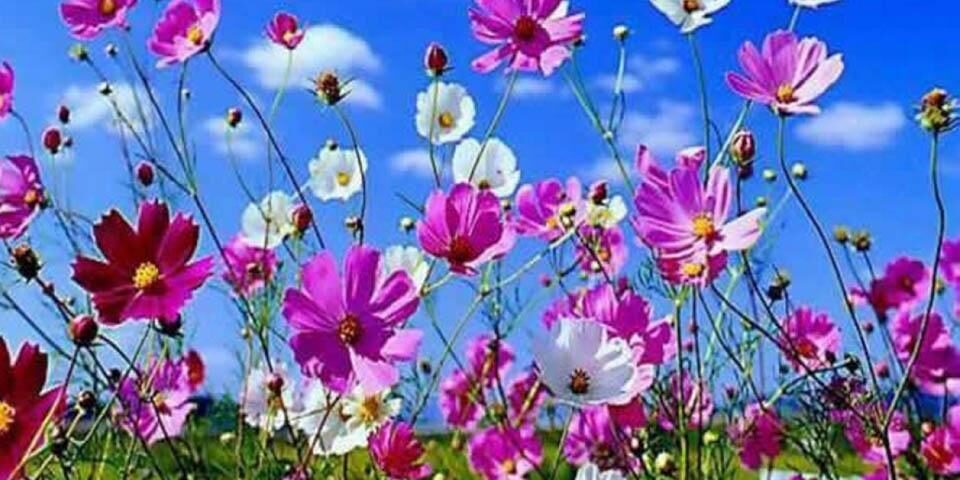I’ve done something really useless
“Time to recognise the sanctity of the world, of minerals, rocks, river and plants” – Rachel Corby Rewilding
“Look deep into nature, and then you will understand everything better” – Albert Einstein
Many of my mindfulness friends and colleagues are very keen gardeners. They grow a wide range of organic produce: carrots, onions, radishes, lettuce, turnips, and I’m slightly in awe of both their craft and devotion, particularly when I’m eating the results of their toil!
The garden that we (my wife and I) have is very different. It’s really useless.
From the moment you begin to enter the garden in springtime, a cascading Clematis Montana showers you with its pink blossom; moving into the garden proper, a canopy of Fatsia shades the sun under a wooden bench, connecting to a triumphant Ceanothus Zanzibar arching over a patio bedecked with fern and Hosta plants. This is pretty much the character of the garden: thick variegated ivy, tortured Hazel and a graceful Mountain Ash that breaks into burnt orange in autumn.
Gardening for me is about connection with the Earth, with nature. I can practice getting down and dirty with care, digging deep into the soil. This resonates with a certain compassionate intention to encounter my own personal loam that feeds the lotus: “nature” as the Buddhist writer and somatic practitioner Reggie Ray says, is “relentlessly dharmic”.
Touching nature, touching the earth, the rough tree bark, inhaling geranium or mint, sensing the graceful curves of a New Zealand Flax, tasting cut Thyme, watching and listing to the rainfall nourishing the lawn deep inside: this feels like a profound grounding. I can work here and feel the sun reign down on my back and enjoy how my limbs move and sweat whilst digging or cutting.
Sometimes I find myself resting in the garden, senses open to birdcall or the sound of frogs in the late evening, the flow of being
carrying out this work would bring-for the duration-10 extra but temporary jobs into the park then another 5 permanent jobs into the café and an extra 25% footfall into the Park itself generating 15% more income. It would make it more attractive for business to hold corporate meetings, therefore bringing much needed cash and influence into the town, as a whole.
I wondered, though, what might have happened if the case had been argued for extra funding: because it will make the park a prettier place? I suspect that the application might have been challenged.
It seems to me that we need to strike a balance, a balance between our requirements to justify via strict utilitarian reasoning and benefits what we are working on or doing or involved in, and another reason altogether; that “there is no reason”.
Could it be that we’re so used-so caught up with- use in its strict “benefits realisation” (as the saying goes) left brain sense that we neglect the beauty inherent in the useless? A few years ago, when visiting Venice our tour guide said “I think all the beautiful things in the world are truly useless” and I think he really hit the spot there.
Perhaps we need to realign ourselves to activity without use as a strict utilitarian drive towards product or production; and of course, here is where mindfulness plays its part, doing nothing, being with, creating and sustaining beautiful things, sitting and arriving and becoming present with the rich beauty of what could be seen and experienced as truly, radiantly useless.
How useful is that?
-Graeme Armstrong
Graeme Armstrong is a tutor for the Mindfulness Association who is teaching on our Level 1 Mindfulness: Being Present course in Newcastle. For more information, please click here.
To visit out website: please click here
To join our membership: please click here



Sounds Lovely ! I love going up to the hills of Scotland and listening to and seeing Nature ! So Peaceful !